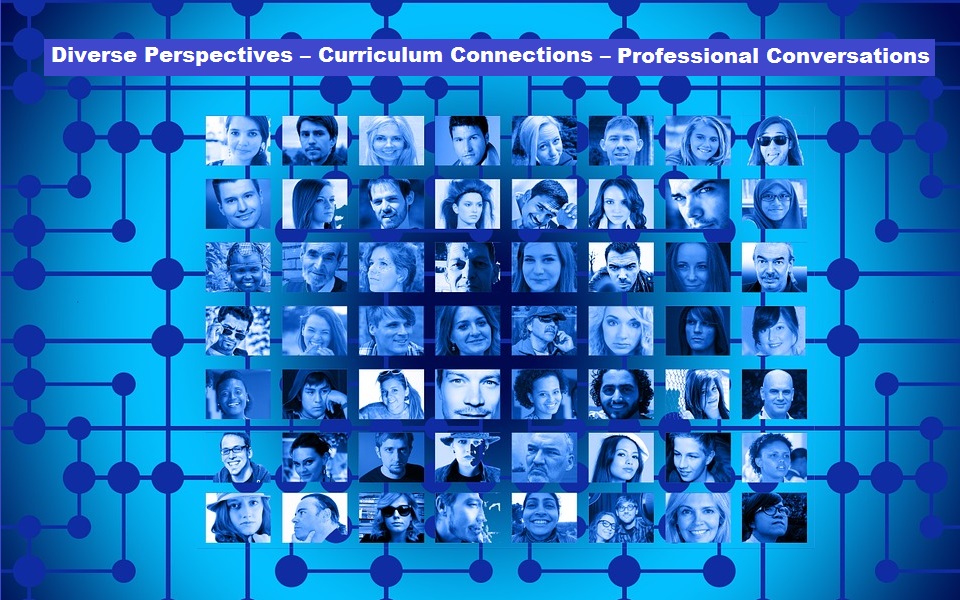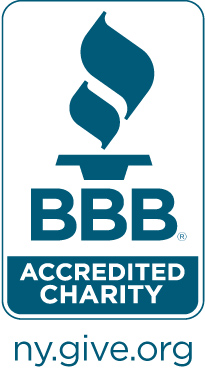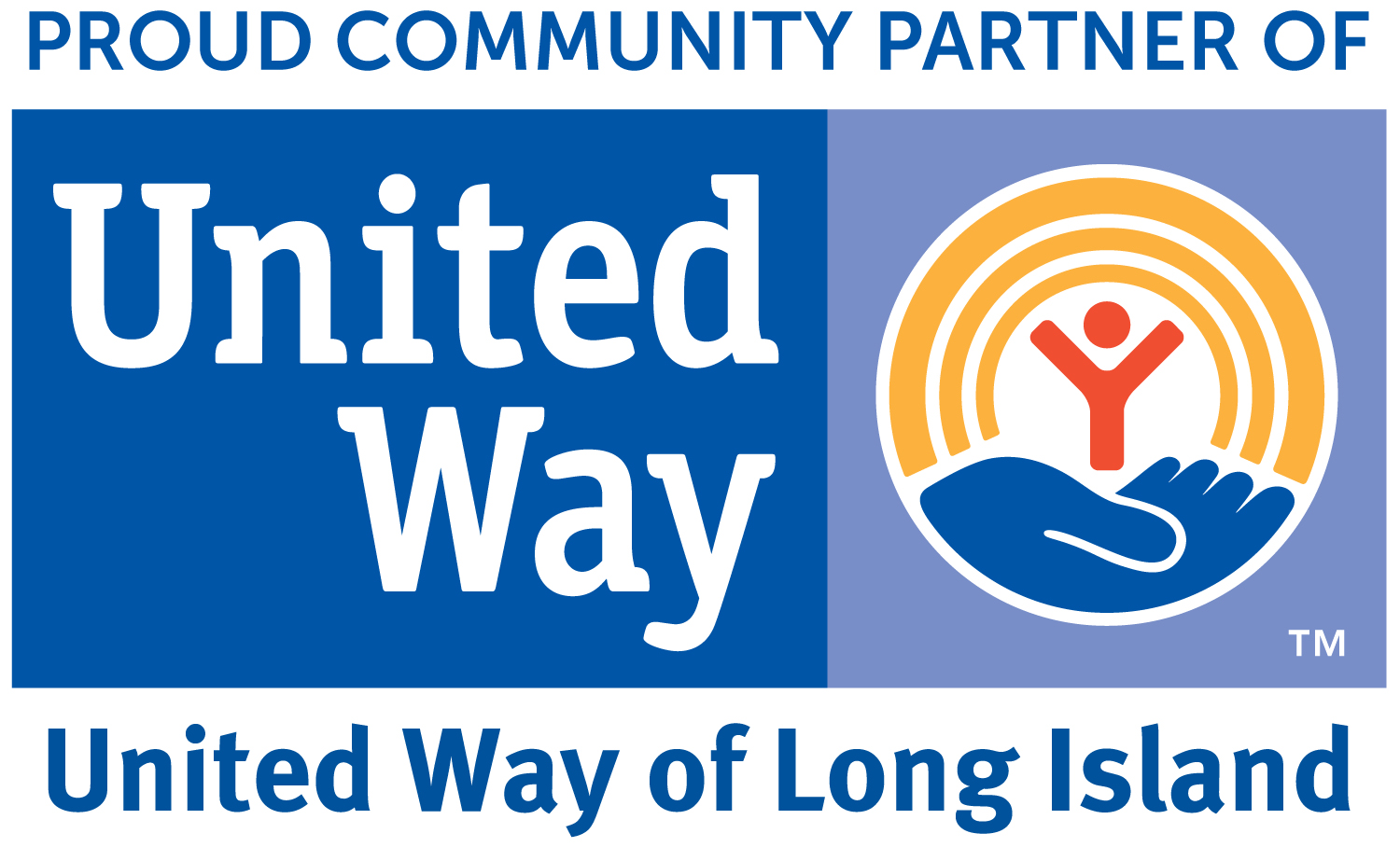
Post-election, ERASE Racism received an influx of requests from school districts and institutions of higher education to provide trainings and professional development (PD) workshops around cultural responsiveness and sensitivity. These requests were made by a myriad of educational stakeholders including central office administrators, teachers, union representatives, and colleges.
In order to effectively identify and fill the gap between the existing PDs and the current need, an informal review was conducted to determine the availability of cultural competency trainings/workshops currently offered for teachers on Long Island.
For the purposes of our review, we identified a professional development offering under the category of “cultural competency or cultural proficiency” if, through its description, it addressed strategies or provided a theoretical frame, skills, or information to support the development of students of all backgrounds. Further, we looked for evidence of culturally responsive PD beyond the NYS required trainings such as Dignity for All Students Act (DASA).
We examined several sources of data including a review of the workshops offered through the most common points of access – BOCES, School District sponsored and independently run Teacher Centers, SCOPE, CITE, and others. Another source of information was the responses to a PD Assessment Survey that was administered by LIU- Post (Parrott, 2016) to 195 faculty and staff in eleven Nassau and Suffolk county school districts. Finally, responses from exit surveys conducted at the conclusion of ERASE Racism’s Fall PD Series were reviewed.
Overall Findings:
- Based on a review of the topics/content offered to teachers through Teacher Centers and BOCES, there is a dearth of workshop/trainings specifically geared toward culturally responsive practices. Workshops and trainings that directly address the impact of “isms” on student achievement were offered by Nassau BOCES through their collaboration with the Long Island Consortium for Excellence and Equity (Robert Jarvis, Ph.D.). There is, however, an additional fee requirement for school districts to join the consortium.
- Although few, there was evidence of PD offerings that address issues of gender bias, sexual bullying, and multicultural strategies to support the assimilation of newcomers to the United States. For example, SCOPE and the South Huntington Teacher Center offered several courses that addressed students with special needs, strategies to increase parent engagement, impact of social workers on instructional outcomes, and others.
- There is a need for professional development that provides “practical strategies that can be applied within classrooms” (Parrott, 2016).
- Teachers expressed the need for “real-life examples” within the trainings delivered by “those in the trenches” (Parrott, 2016).
- There is a need for hands-on, interactive trainings as opposed to lectures (Parrott, 2016)
- To increase teacher engagement, teachers requested more customized workshops specific to content area and grade levels. Teachers who attended the Fall PD series also expressed a preference for grade and subject-relevant information as opposed to the “one-size fits all” model for culturally responsive workshops.
Recommendations: At the forefront of all educational agendas should be the cultivation of cultural competencies of faculty and staff. Based on the most recent Census Bureau projections, by 2050, minorities will make up 55% of the population. The number of schools comprised of students who speak a language other than English is growing exponentially (Ladson-Billings, 2004), however, the demographics of the teaching workforce is consistently homogenous and monocultural (Gay, Dingus, & Jackson, 2003). This is especially evident on Long Island. Based on existing research, the most prominent practice in preparing white teachers to teach diverse students is teaching about culturally responsive teaching and pedagogy (Ladson-Billings, 2004). A review of the PD offerings on Long Island showed a dearth of workshops/trainings that specifically provide strategies to adapt instruction to reflect the diversity of the student population. Further, based on the volume of recent requests from various educational stakeholders, there appears to be an urgent post-election need for professional development to address the sensitive conversations and dialogues, around race, privilege, opportunity, and the seven protected classes. There is a steep gap between the expressed needs and availability of professional development focused on increasing educators’ efficacy to facilitate these difficult and sensitive topics within a classroom setting. Culturally responsive professional development should not be an option, but an integral part of a district’s professional development plan. This will help to ensure that school interactions are NOT ‘color-blind’. Curricula, instruction and support services must be driven by an acknowledgment and understanding of the diversity and many and varied experiences, perspectives, and challenges of students and families.









